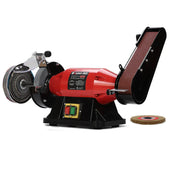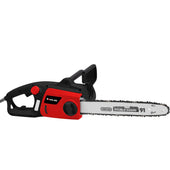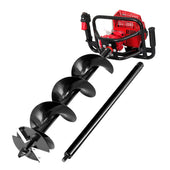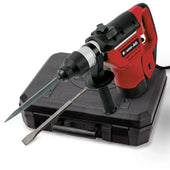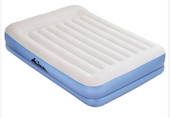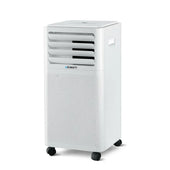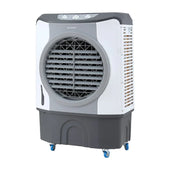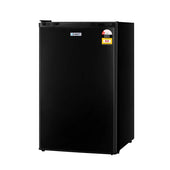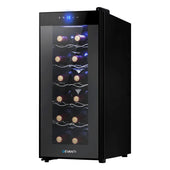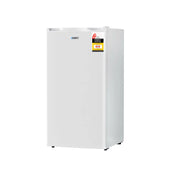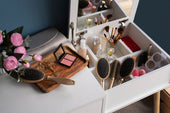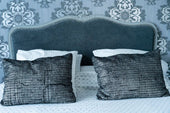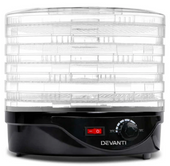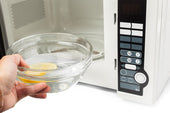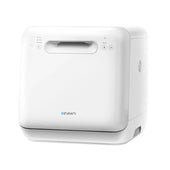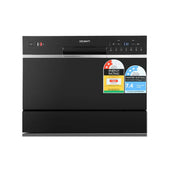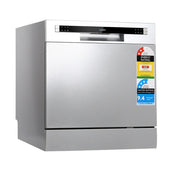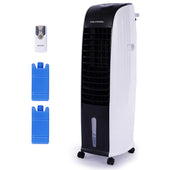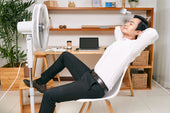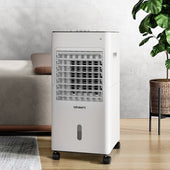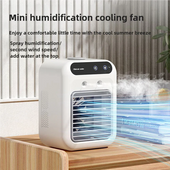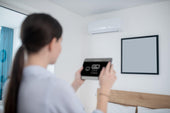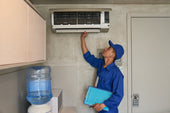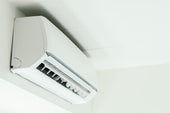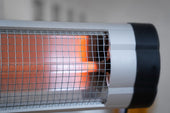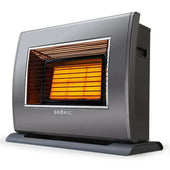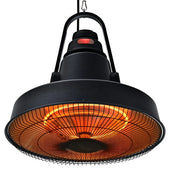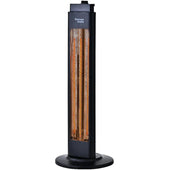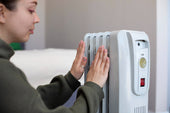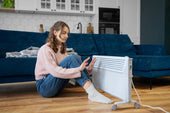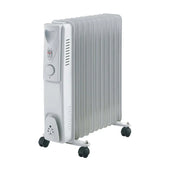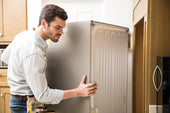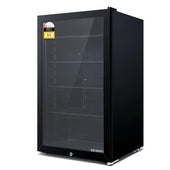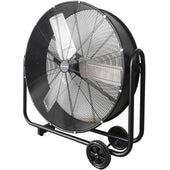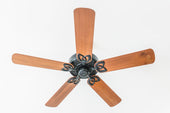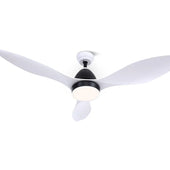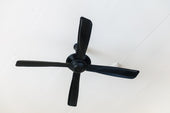Introduction: Understanding the Role of a Humidifier
A humidifier is an appliance designed to regulate indoor humidity by adding moisture to the air. Its primary purpose is to combat problems caused by dry environments, which are common during winter or in regions with low humidity levels. Dry air can lead to issues such as dry skin, irritated nasal passages, and even damage to wooden furniture.
Humidifiers function by converting water into vapour or mist that is released into the surrounding atmosphere. At During Days, there are various types of humidifiers available, including evaporative, ultrasonic, and stream-based models, each catering to specific needs.
Maintaining proper humidity levels offers benefits for health, comfort, and property preservation, making humidifiers valuable household tools.
How Humidifiers Operate: The Science Behind It
Humidifiers work by increasing the moisture content in the air, utilising various mechanisms depending on their type. At their core, these devices convert water into vapour or microscopic droplets, which are released into the surrounding space to elevate humidity levels.
- Ultrasonic Humidifiers: These use high-frequency vibrations to break water into tiny particles, creating a fine mist.
- Evaporative Humidifiers: These rely on a fan to blow air through a wick filter soaked in water, dispersing moisture into the air.
- Steam Vapourisers: They heat water to boiling point, expelling steam to humidify the air effectively.
- Impeller Humidifiers: Rotating discs break water into droplets to increase moisture.
Each type has unique advantages suited to different environments and needs.
Types of Humidifiers: Which One is Right for You?
There are different humidifier types, each designed for specific needs and environments.
1. Ultrasonic Humidifiers
These use ultrasonic vibrations to produce a fine mist. They are energy-efficient, quiet, and ideal for bedrooms or nurseries.
2. Evaporative Humidifiers
Utilising fans to blow air through a moist wick or filter, these are effective for larger spaces. They are self-regulating, meaning they adjust based on humidity levels.
3. Steam Vapourisers
Heating water to create steam, these models are good for medicinal purposes but require caution to avoid burns.
4. Impeller Humidifiers
These generate mist using a rotating disc. They are child-safe, as they do not rely on heat but may struggle with larger rooms.
5. Central Humidifiers
Integrated into HVAC systems, these are best for whole-home humidification. They provide seamless operation but are more costly upfront.
Health Benefits: Breathing Easier and Staying Healthy
A humidifier can significantly improve air quality, aiding respiratory health. By maintaining optimal humidity levels, it prevents dryness in the nasal passages, throat, and lungs, reducing irritation. Increased moisture reduces airborne allergens, such as dust and pollen, which can exacerbate allergies or asthma symptoms.
Benefits of Proper Humidity:
- Protects Against Dry Skin: Humid air keeps skin hydrated, preventing irritation or cracking.
- Eases Cold & Flu Symptoms: Relieves discomfort from congestion and sore throats.
- Improves Sleep Quality: Enhanced breathing conditions help with restful sleep.
Prolonged exposure to dry air can weaken the immune system. Humidifiers support healthy airways, enabling effective defence against pathogens, promoting overall wellness.
Skin Health: Combatting Dryness and Irritation
A humidifier plays a significant role in maintaining skin hydration by increasing moisture levels in the air. Dry air often strips the skin of its natural oils, leading to dryness, flakiness, and irritation. By providing consistent humidity, a humidifier helps the skin retain moisture, preventing discomfort caused by tight or itchy sensations.
It is especially beneficial during colder months when indoor heating reduces air humidity. People with eczema or sensitive skin may notice improved comfort and reduced flare-ups with its use. Adding a humidifier to the home ensures a healthier environment for the skin, supporting its natural barrier functions effectively.
Enhanced Home Comfort: Optimising Indoor Air Quality
A humidifier plays a critical role in improving indoor air quality by maintaining proper humidity levels. These devices help to counteract dry air, which can lead to a range of discomforts, including dry skin, irritated sinuses, and respiratory issues. By introducing moisture into the environment, they minimise static electricity and protect wooden furniture and flooring from cracking or warping.
When humidity levels are balanced, airborne allergens such as dust and pollen are less likely to circulate. Moreover, it creates a more comfortable environment for occupants, especially during colder months when air tends to be drier. Proper use ensures consistent benefits without excess dampness.
Preventing Damage to Furniture and Flooring
Humidity levels play a critical role in preserving the condition of furniture and flooring. When air is excessively dry, wooden furniture may crack, warp, or split due to the loss of moisture in the material. Similarly, hardwood floors can shrink, leading to gaps between planks or uneven surfaces.
A humidifier helps maintain a stable moisture balance, reducing the likelihood of such damage. Leather furniture, which can dry out and become brittle in arid environments, also benefits from the added humidity. Proper humidity prevents costly repairs or replacements, while maintaining the aesthetic and strength of these surfaces over time. Using a humidifier safeguards investments in home furnishings effectively.
Impact on Sleep: Achieving Better Rest with Humidifiers
Proper humidity levels play a vital role in promoting restful sleep. Dry air can lead to discomfort, including nasal congestion and throat irritation, which may disrupt sleep patterns. A humidifier helps maintain ideal moisture levels by reducing dryness in the surrounding environment, allowing individuals to breathe more freely during sleep.
Humidifiers can:
- Ease snoring by keeping the throat and nasal passages hydrated.
- Improve relaxation by alleviating discomfort caused by dry skin or chapped lips.
- Enhance air quality, which contributes to better overall sleep.
In colder months, they counteract dryness caused by heating systems, fostering an environment suitable for uninterrupted rest.
Energy Efficiency: Lowering Heating Costs During Winter
Using a humidifier during winter can contribute to improved energy efficiency and lower heating costs. Humidity plays a significant role in how the air feels; higher humidity levels make the air feel warmer even at lower temperatures. A humidifier helps maintain optimal indoor humidity, typically between 40-60%, which reduces the need to overheat your space.
Benefits of Enhanced Humidity:
- Improved Perception of Warmth: Moist air feels warmer than dry air, reducing dependence on heating systems.
- Reduced Energy Use: Lower thermostat settings lead to decreased energy consumption.
- Comfortable Living: Stable humidity levels prevent dryness and create a cosier environment.
Proper use of a humidifier can save energy while enhancing indoor comfort during cold seasons.
Tips for Using a Humidifier Safely and Effectively
- Clean Regularly: Ensure the humidifier is cleaned weekly to prevent mould and bacteria growth. Use a mixture of water and vinegar or a manufacturer-recommended cleaner.
- Use Distilled Water: Distilled water minimises mineral build-up, reduces white dust, and helps maintain the humidifier's efficiency.
- Monitor Humidity Levels: Keep indoor humidity between 30-50%. Excessive humidity may lead to mould or dust mites, while low levels affect air quality.
- Place Strategically: Position the humidifier away from walls and electronics to prevent dampness or damage, ensuring unobstructed mist dispersal.
- Change Filters: Replace filters frequently as per the manufacturer’s instructions to maintain air quality and proper operation.
- Turn Off When Not Needed: Turn off the device when relative humidity reaches optimal levels to avoid over-saturation.
Conclusion: Is a Humidifier Worth the Investment?
A humidifier can offer significant benefits by maintaining optimal indoor humidity levels. It helps reduce dry air-related issues such as skin irritation, respiratory discomfort, and static electricity. Beyond personal comfort, it can also prevent damage to wooden furniture or flooring caused by excessive dryness. For allergy and asthma sufferers, humidifiers may support easier breathing. However, factors such as cost, maintenance, and potential overhumidification risks should be considered. Depending on individual needs and environmental conditions, investing in a humidifier can prove advantageous for improving air quality and overall well-being within the home or office.



